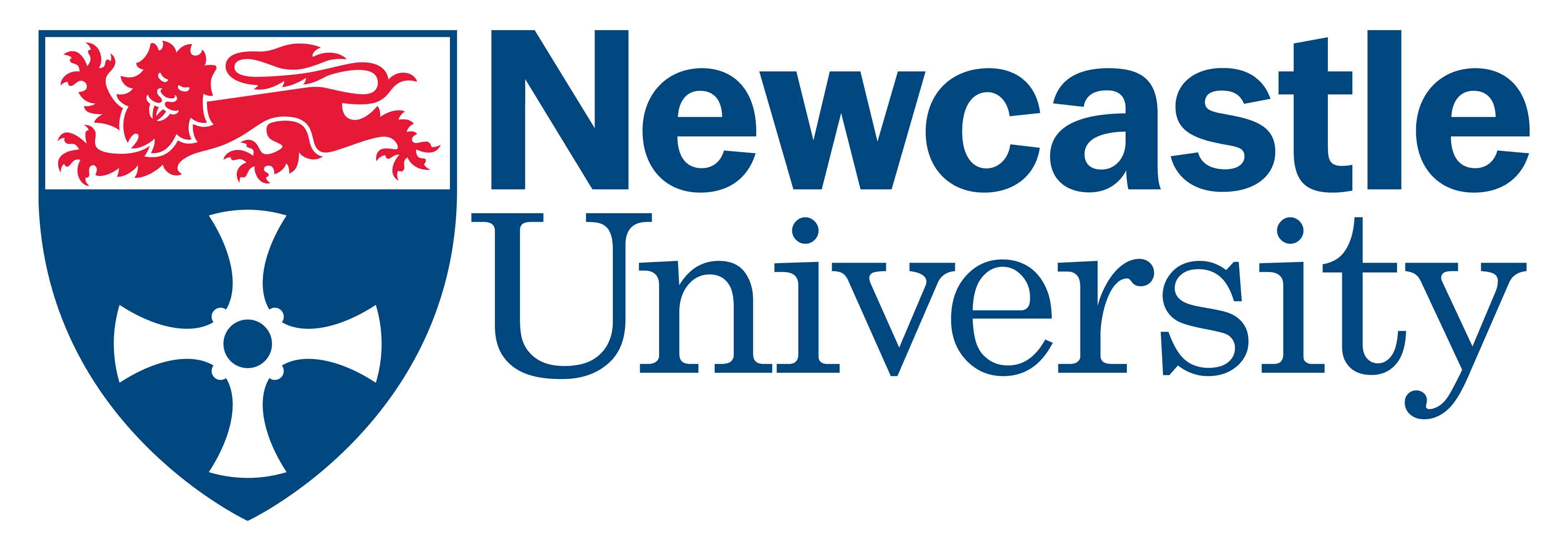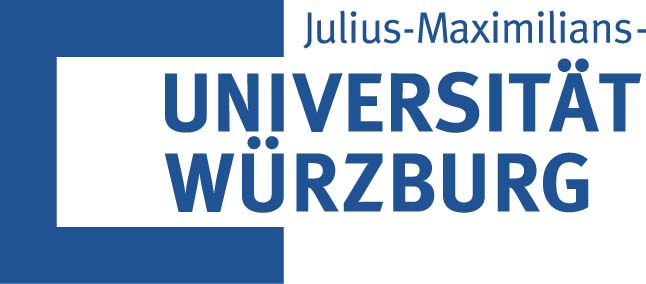Blog
Reflecting on our Demokra-Tea lecture series (January 2025)
- by Federico Bossone
This January, we bid farewell to an enlightening chapter: the online series Demokra-Tea Lectures: Museums & Democracy in Motion comes to an end. With an average of 35 participants per session, we are pleased about the strong resonance our online format has gained over the past few months.
In October 2024, we were joined by Jan Stassen, who is one of the founders of the Museum for Values (Museum für Werte) based in Berlin. The vision? The “museum” is not the typical physical space displaying objects and art; rather, it is an experiential environment where individuals can negotiate values through social interaction. By highlighting the absence of social infrastructure, which is needed to discuss differing perspectives, this social enterprise provides building blocks for cities and municipalities aiming to create and deliver such infrastructure. In his lecture, Stassen explored the importance of these processes for building a better future especially when democratic systems are continually being challenged. The organisation emphasises values, since immaterial moral, ethical, and emotional values are often underrepresented or insufficiently discussed in our society. Through various formats and approaches tailored to local challenges alongside local stakeholders, they create the needed social infrastructure for dialogue.
For the next Demokra-Tea Lecture in December 2024 we were joined by the Berlin Institute for Participation (Berlin Institut für Partizipation, or bipar), a politically independent institution dedicated to participatory democratic development. Bipar embraces a broad concept of participation that incorporates citizen involvement, direct democracy, modern representative decision-making, and the revitalisation of political culture. In this lecture, bipar research associate Raphael Seifen presented various participatory formats and methods through which companies, municipalities, and cultural institutions can rethink their operations and incorporate participation from a wider audience into their processes. Following a methodological introduction to the formats, Seifen illuminated each method's limits, challenges, and risks. Creating a participatory atmosphere within the lecture space itself, Seifen invited the audience to discuss each of the methods in small group formats, attempting to apply them to a fictional project that remained plausible for realisation within the chosen context.
In January 2025, historian, curator, and research Sarah Taub came to explore with us the work at the Society for the Study of the History of Democracy (Gesellschaft zur Erforschung der Demokratiegeschichte, or GEDG). The GEDG was established in January 2021 by scholars and stakeholders from civil society and emerged from a collaboration with the Working Group ‘Places of the History of Democracy’ (Arbeitsgemeinschaft Orte der Demokratiegeschichte). Sarah Traub presented the processes of her curatorial and research practice, showcasing the diverse nuances that democracy can embody. Of course, the history of democracy remains the central focus of the exhibitions. Furthermore, the audience was prompted to reconsider the origins of democratic history. Many people in Germany associate the beginning of German democracy with the proclamation of the constitution at Frankfurt’s St. Paul’s Church. Traub presented the exhibition at Hambach Castle, which she co-curated. In May 1832, up to 30,000 individuals gathered on Hambach Castle Hill to advocate for a unified Germany, demanding basic rights and a united Europe. Who organised this gathering? And what were the demands put forth by the festival speakers? Additionally, Traub emphasised that the history of democracy forms the foundation for a robust democracy today. By comparing contemporary social dynamics with historical facts, audiences can connect with the values that individuals in the past fought for, enabling them to engage actively in democracy today.
To conclude our enriching Demokra-Tea series, at the end of January 2025, Claudia Roßkopf delivered a lecture on educating democracy through aesthetic education in museums. Roßkopf is a researcher at the Institute for Music at the University of Kassel. Her research, teaching, and collaborative efforts focus primarily on museum theory and practice, aesthetic education, art museums, and digitality. In her lecture, Roßkopf discussed an unconventional approach to democracy: education for democracy through aesthetics. In one of her workshops, students confronted the challenges of aesthetic and artistic practice as democratic processes. Her students developed an exhibition to demonstrate how artistic practice could help understand and shape societal dynamics. Moreover, Roßkopf's workshops target an even younger audience in schools through performance and active participation. The participatory approach is particularly crucial in empowering children to understand their democratic rights and the power of their voice.
The Demokra-Tea Lectures offered a dynamic platform for exploring the intersection of museums and democracy, fostering insightful discussions and new perspectives on how museums can engage more with democratic principles. From values-driven museum initiatives to participatory decision-making and the historical roots of democracy, each session highlighted the significance of active engagement in shaping our collective future. As we conclude this series, we hope the ideas and conversations ignited here will continue inspiring meaningful dialogue and action. Thank you to all participants and speakers for making this format a thought-provoking and enriching experience—thanks to our research assistants, Susanne Bremer and Nadine Schneider, for their invaluable support.
Last modified: Thu, 27 Feb 2025 13:34:34 GMT




